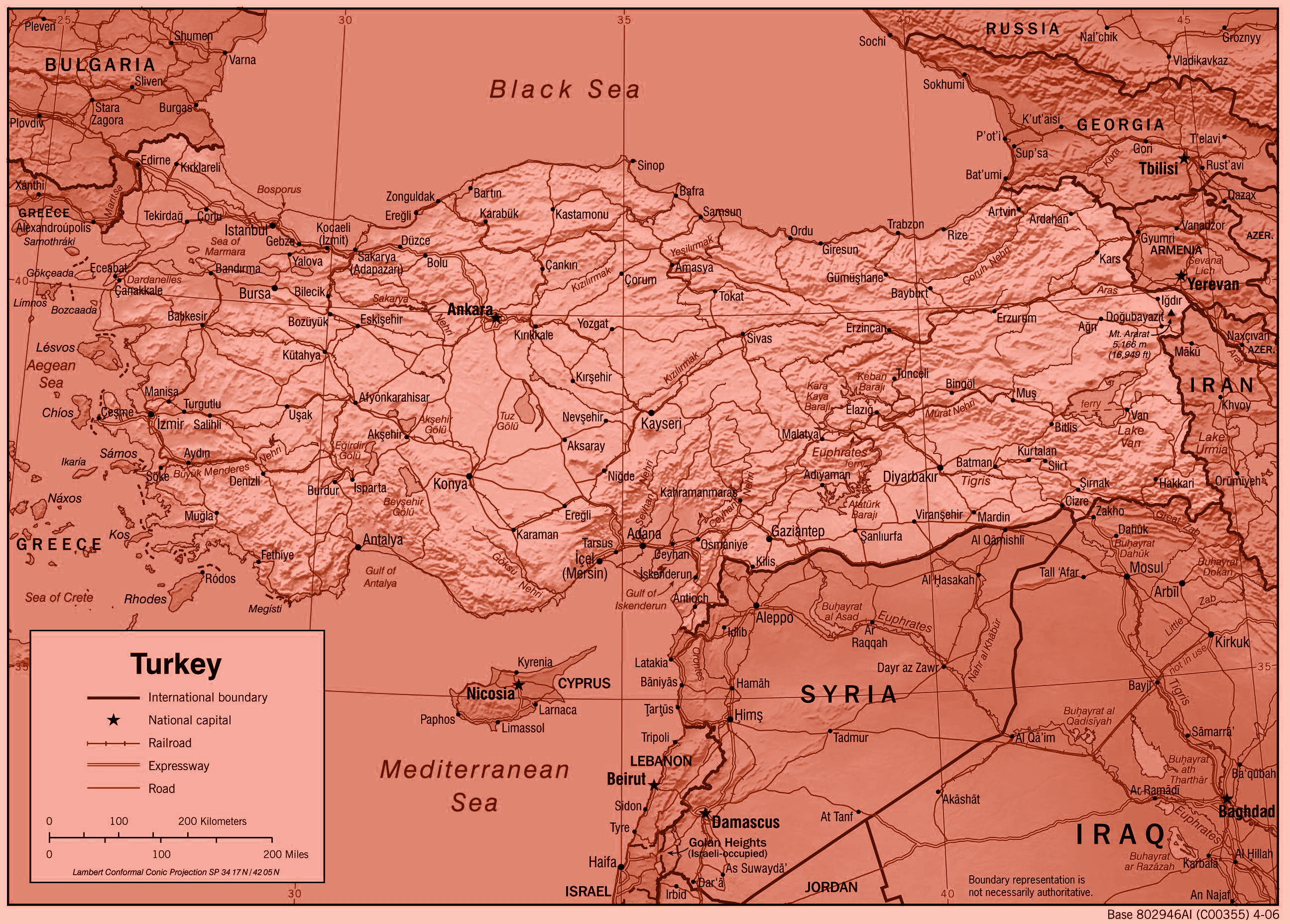The right to life is guaranteed by all major international and regional human rights treaties. The European Court of Human Rights has interpreted the right to life as “an inalienable attribute of human beings” and a “supreme value in the international hierarchy of human rights”.[1]
The undersigned organisations believe that the abolition of the death penalty contributes to the fostering and protection of human dignity and the gradual development of a global culture of human rights.
The undersigned therefore condemn, in the strongest terms, any attempt to reinstate the death penalty in Turkey.
The undersigned insist on the fact that Turkey is a member of the Council of Europe and a signatory of the European Convention on Human Rights. Consequently, Turkey is bound by Protocols 6 and 13 of the Convention which abolish the death penalty. In Turkey, the last execution took place in 1984. The death penalty was abolished for ordinary crimes in 2002, and finally abandoned on 7 May 2004. In addition, in 2006, Turkey became the 57th State to ratify the Second Optional Protocol to the International Covenant on Civil and Political Rights, aiming at the abolition of the death penalty.
Therefore, the undersigned call upon the Turkish government to respect its international commitments, reminding them that Turkey has supported the recent World Congress Against the Death penalty held on 21-23 June 2016 in Oslo.
Council of Bars and Law Societies of Europe (CCBE)
International Association of Lawyers (UIA)
European Bars Federation (FBE)
International Association of Young Lawyers (AIJA)
European Democratic Lawyers (AED)
[1] European Court of Human Rights, Judgment in the case of Streletz, Kessler and Krenz v. Germany, 22 March 2001, in particular paragraphs 72, 85, 87 and 94.
—-
Le droit à la vie est garanti par tous les traités internationaux et régionaux importants sur les droits de l’homme. La Cour européenne des droits de l’homme a interprété le droit à la vie comme un « attribut inaliénable de la personne humaine » et « la valeur suprême dans l’échelle des droits de l’homme sur le plan international »[1].
Les organisations signataires sont convaincues que l’abolition de la peine de mort contribue au renforcement et à la protection de la dignité humaine et au développement progressif d’une culture mondiale des droits de l’homme.
Elles condamnent dès lors, de la manière la plus ferme, toute tentative de rétablir la peine de mort en Turquie.
Les organisations signataires insistent fortement sur le fait que la Turquie est membre du Conseil de l’Europe et signataire de la Convention européenne des droits de l’homme. Par conséquent, la Turquie est tenue de respecter les Protocoles 6 et 13 de la Convention qui abolissent la peine de mort. La dernière exécution ayant eu lieu en Turquie remonte à 1984. La peine de mort a été abolie pour les crimes de droit commun en 2002, avant d’être finalement abandonnée le 7 mai 2004. Par ailleurs, la Turquie est devenue en 2006, le 57e État à ratifier le deuxième protocole facultatif se rapportant au Pacte international relatif aux droits civils et politiques, visant à abolir la peine de mort.
Elles appellent le gouvernement turc à respecter ses engagements internationaux et rappelle que la Turquie a soutenu le récent Congrès mondial contre la peine de mort qui s’est tenu à Oslo du 21 au 23 juin 2016.
[1] Arrêt du 22 mars 2001 de la Cour européenne des droits de l’homme dans l’affaire Streletz, Kessler et Krenz c. Allemagne, en particulier les paragraphes 72, 85, 87 et 94.

